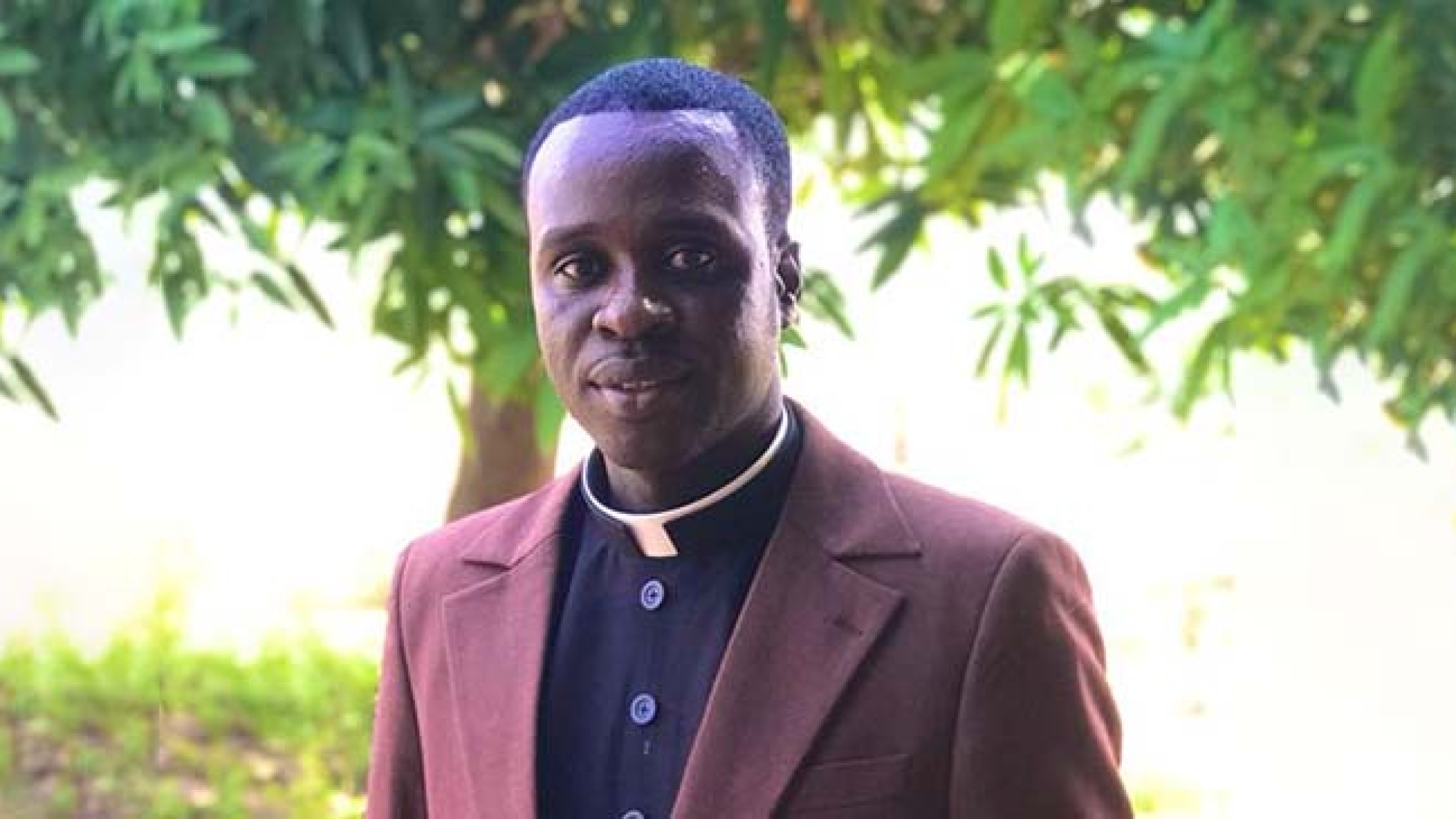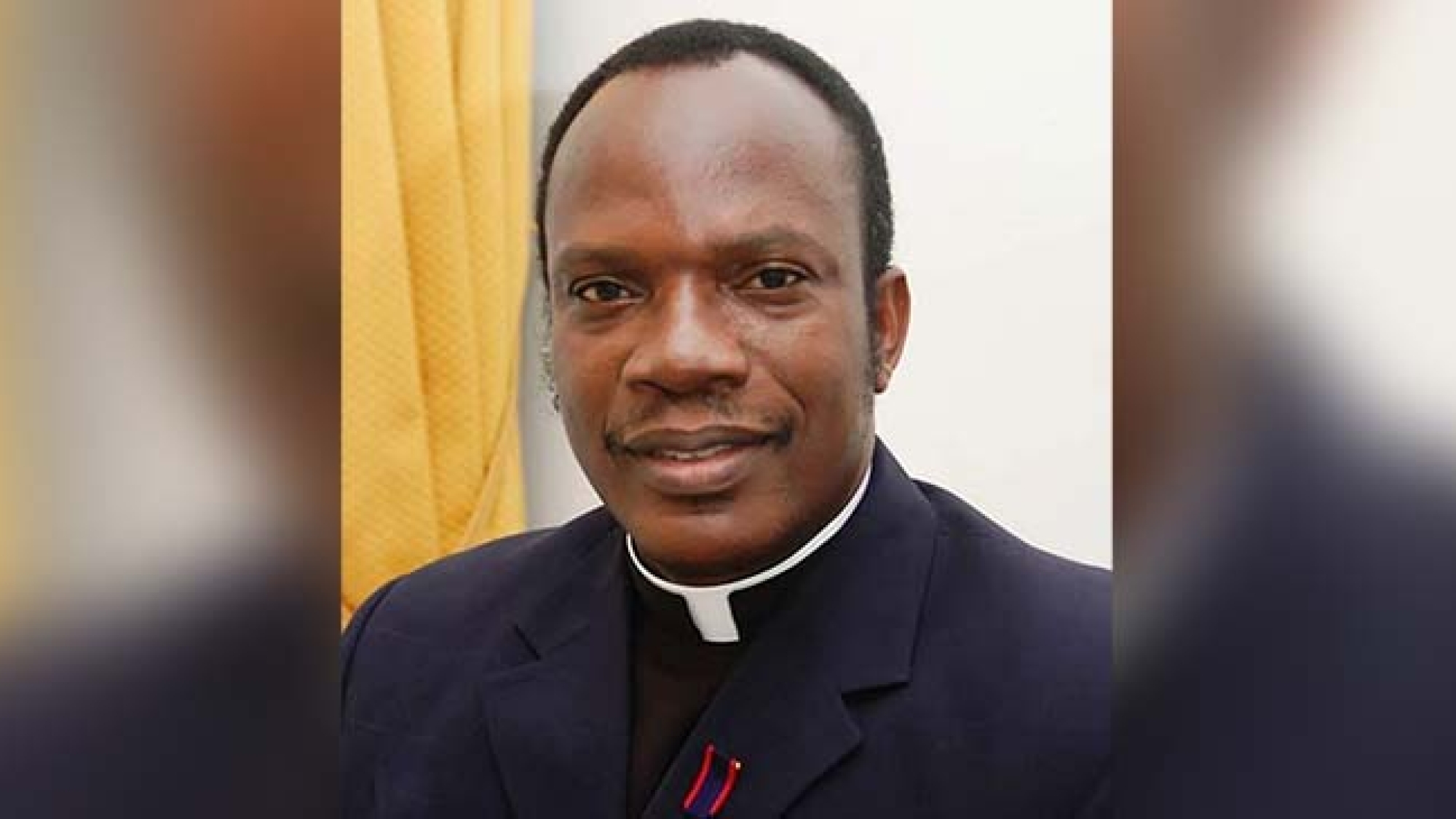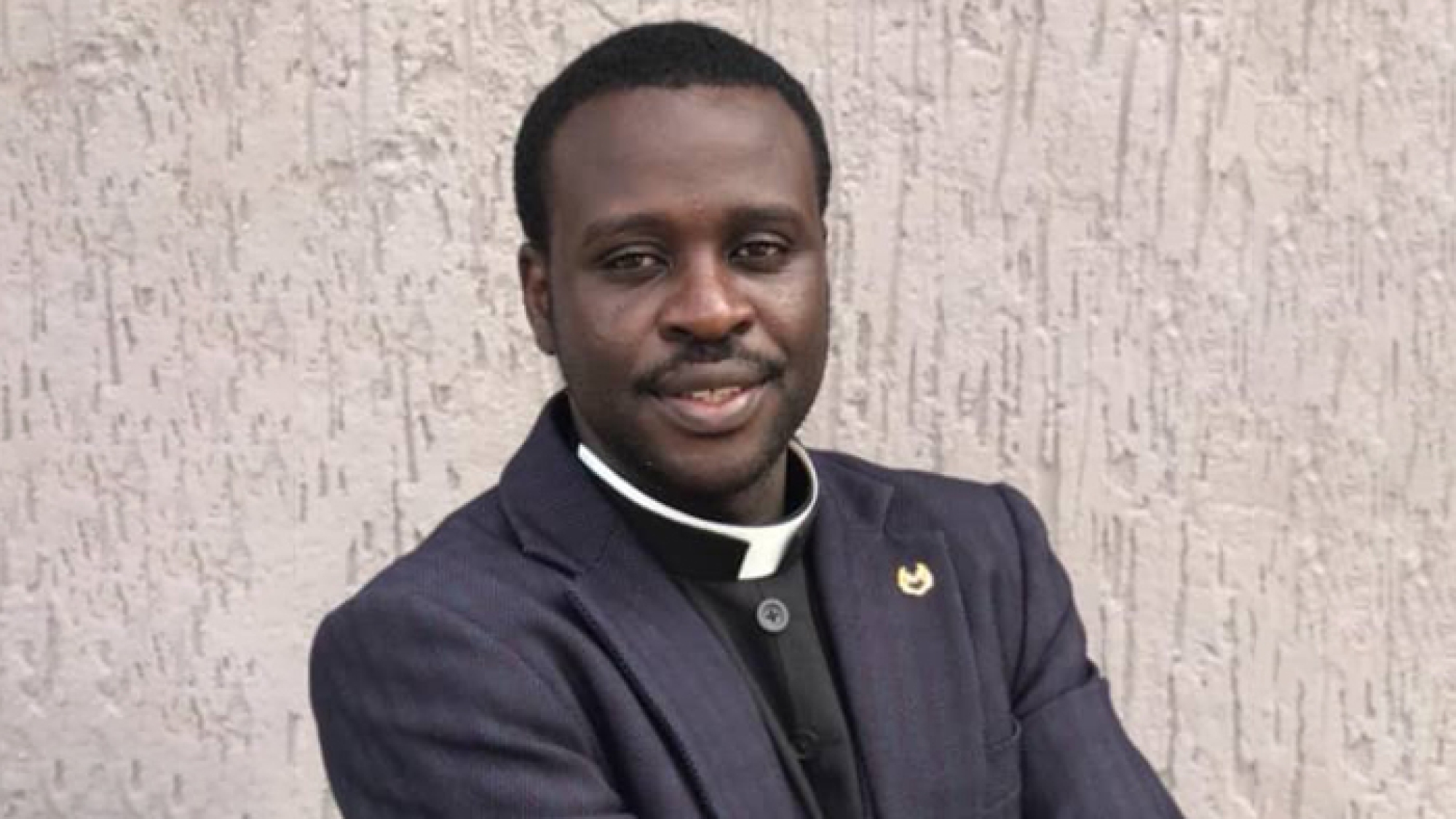INTRODUCTION
Some think the celebration of Christmas is not necessary. Do they have a point? Should a Christian celebrate Christmas? Does it matter if you get Santa Claus paraphernalia and a Christmas tree in your home? Some Christians think that all these are unnecessary and that participation in them amounts to idolatry. Could this be true? By the grace of God, this article will seek to respond to these questions.
I was inspired in December 2015 to contribute to the subject because of the increasing efforts by secularist to deconstruct Christmas; a number of the youth, in their confusion, keep asking such questions as posed above. In this article, therefore, we will look at a brief history of Christmas, Santa Claus, Christmas gifts, and the Christmas tree and go on to examine the questions posed above in the light of the Word of God with these historical accounts in the background. I humbly recommend that you make time to read and add to the insights you may have gathered on the subject over the years.
HISTORY OF CHRISTMAS
Roman pagans first introduced the holiday of Saturnalia, a week-long period of lawlessness celebrated between December 17 and 25. During this period, Roman courts were closed, and Roman law dictated that no one could be punished for damaging property or injuring people during the weeklong celebration. The festival began when Roman authorities chose “an enemy of the Roman people” to represent the “Lord of Misrule.”
Each Roman community selected a victim whom they forced to indulge in food and other physical pleasures throughout the week. At the festival’s conclusion, December 25th, Roman authorities believed they were destroying the forces of darkness by brutally murdering this innocent man or woman. The ancient Greek writer poet and historian Lucian (in his dialogue entitled “Saturnalia”) describes the festival’s observance in his time.
In addition to human sacrifice, he mentions these customs: widespread intoxication; going from house to house while singing naked; rape and other sexual license; and consuming human-shaped biscuits. In the 4th century CE, Christianity imported the Saturnalia festival hoping to take the pagan masses in with it.
Christian leaders succeeded in converting to Christianity large numbers of pagans by promising them that they could continue to celebrate the Saturnalia as Christians. The problem was that there was nothing intrinsically Christian about Saturnalia[1].
To remedy this, Christian leaders named Saturnalia’s concluding day, December 25th, to be Jesus’ birthday. Christmas has since become a Christian holiday honoring the birth of Jesus Christ. Today, Christmas is a time for family and friends to get together and exchange gifts.
The first recorded date of Christmas being celebrated on December 25 was in 336 AD, during the time of the Roman Emperor Constantine (who was the first Christian Roman Emperor); a few years later, Pope Julius I officially declared that the birth of Jesus would be celebrated on the 25th December.
The Church had little success, however, in refining the practices of Saturnalia. As Stephen Nissenbaum, professor of history at the University of Massachusetts, Amherst, writes, “In return for ensuring massive observance of the anniversary of the Savior’s birth by assigning it to this resonant date, the Church for its part tacitly agreed to allow the holiday to be celebrated more or less the way it had always been.”
The earliest Christmas holidays were celebrated by drinking, sexual indulgence, singing naked in the streets (a precursor of modern caroling), etc. The Reverend Increase Mather of Boston observed in 1687 that “the early Christians who first observed the Nativity on December 25 did not do so thinking that Christ was born in that Month, but because the Heathens’ Saturnalia was at that time kept in Rome, and they were willing to have those Pagan Holidays metamorphosed into Christian ones.”[2] [3]
HISTORY OF CHRISTMAS TREES AND CHRISTMAS GIFTS
Just as early Christians recruited Roman pagans by associating Christmas with the Saturnalia, so too worshippers of the Asheira cult and its offshoots were recruited by the Church sanctioning “Christmas Trees”[4]. Pagans had long worshipped trees in the forest or brought them into their homes and decorated them, and this observance was adopted and painted with a Christian veneer by the Church.
Again, in pre-Christian Rome, the emperors compelled their most despised citizens to bring offerings and gifts during the Saturnalia (in December) and Kalends (in January). Later, this ritual expanded to include gift-giving among the general populace. The Catholic Church gave this custom a Christian flavor by re-rooting it in the supposed gift-giving of Saint Nicholas[5]
HISTORY OF SANTA CLAUS
Saint Nicholas was born in Parara, Turkey in 270 CE and later became Bishop of Myra. He died in 345 CE on December 6th. He was only named a saint in the 19th century. In 1087, a group of sailors who idolized Nicholas moved his bones from Turkey to a sanctuary in Bari, Italy. There Nicholas supplanted a female boon-giving deity called The Grandmother, or Pasqua Epiphania, who used to fill the children’s stockings with her gifts. The Grandmother was ousted from her shrine at Bari, which became the center of the Nicholas cult.
Members of this group gave each other gifts during a pageant they conducted annually on the anniversary of Nicholas’ death, December 6.
The Nicholas cult spread north until it was adopted by German and Celtic pagans. These groups worshipped a pantheon led by Woden –their chief god and the father of Thor, Balder, and Tiw. Woden had a long, white beard and rode a horse through the heavens one evening each autumn. When Nicholas merged with Woden, he shed his Mediterranean appearance, grew a beard, mounted a flying horse, rescheduled his flight for December, and donned heavy winter clothing. In a bid for pagan adherents in Northern Europe, the Catholic Church adopted the Nicholas cult and taught that he did (and they should) distribute gifts on December 25th instead of December 6th. In 1809, the novelist Washington Irving wrote a satire of Dutch culture entitled “Knickerbocker History”.
The satire refers several times to the white-bearded, flying-horse-riding Saint Nicholas using his Dutch name, Santa Claus. Dr. Clement Moore, a professor at Union Seminary, read Knickerbocker History, and in 1822 he published a poem based on the character Santa Claus: “It was the night before Christmas, when all through the house, not a creature was stirring, not even a mouse. The stockings were hung by the chimney with care, in the hope that Saint Nicholas soon would be there…” Moore innovated by portraying a Santa with eight reindeer who descended through chimneys.
The Bavarian illustrator Thomas Nast almost completed the modern picture of Santa Claus. From 1862 through 1886, based on Moore’s poem, Nast drew more than 2,200 cartoon images of Santa for Harper’s Weekly. Before Nast, Saint Nicholas had been pictured as everything from a stern-looking bishop to a gnome-like figure in a frock. Nast also gave Santa a home at the North Pole, his workshop filled with elves, and his list of the good and bad children of the world. In 1931, the Coca-Cola Corporation contracted the Swedish commercial artist Haddon Sundblom to create a coke-drinking Santa. Sundblom modeled his Santa on his friend Lou Prentice, chosen for his cheerful, chubby face. The corporation insisted that Santa’s fur-trimmed suit be bright, Coca-Cola red. This is how the present portrait of Santa Claus came about.
THE GOSPEL AND CHRISTMAS
What have we gathered out of history up to this point? The elements in the present Christian annual commemoration dubbed Christmas have a pagan origin – the festival was Saturnalia changed into Christmas; worshipped tree imported as Christmas tree; and Santa Claus imported as the source of gifts given during Christmas. Again, we realize that 25th December was an arbitrary date chosen to closely coincide with the original birthday of Jesus Christ which remains unknown precisely except He was born in the year 3 BCE – the exact day and month still unknown. This is the bare fact. One may ask, if all the elements of Christmas have no original roots in Christianity but rather paganism, why do we need to position the birth of Christ on 25th December and celebrate it as Christmas? I seek to respond to this question through the points below: 1.
SATAN CREATES NOTHING; HE ONLY CONTAMINATES CREATION
Satan is not the Creator. God Almighty- Yahweh- is the Creator of all things. Everything was created by the Word through the Word for the Word. Jesus is the Word of God. Nothing belongs to Satan; all things are for Christ. What does this imply? Satan only steals, kills, and destroys the things God has created for His glory. Festive celebrations described as pagan or evil were not created by the Lord to be pagan. It is the devil who deceives humanity to use God’s creation to honor himself – thus defiling something that had been created originally with the glory of God in view.
For in him (Christ), all things were created: things in heaven and on earth, visible and invisible, whether thrones or powers or rulers or authorities; all things have been created through him and for him – Colossians 1:16 In the beginning was the Word and the Word was with God and the Word was God. He was with God in the beginning. Through him all things were made; without him, nothing was made that has been made – John 1:1-3 For from him and through him and for him are all things. To him be the glory forever! Amen – Romans 11:36 2.
ALL STOLEN THINGS BY SATAN MUST BE REDEEMED FOR THE LORD JESUS CHRIST
It was very good that the Early Church made attempts to position Christ at the center of pagan celebrations. We could see that unfortunately the positioning was not properly done in the beginning. When that happens, syncretism is the result; the people take a bit of Christ and a bit of the initial pagan elements and mix the two. This phenomenon can happen anytime we improperly introduce Christ into a situation. The purpose of the coming of Christ was to pay the price to redeem all stolen things in the devil’s possession beginning from Adam. Jesus did this by paying for the sins of humanity; shedding His blood as the ‘reagent’ that re-births things back to God and resurrecting from death to prove that things that were dead due to sin can now be brought back to life.
All things were created through the Word; got stolen and contaminated by the devil and must now be re-created (born again) through the Word. It is not only human beings that need to be re-created (or born again) but indeed all things from cultures, music, politics, festivals, etc. Something or a person gets born again when Christ is positioned at the center of its existence. This was what the medieval church sought to do when it attempted to convert pagan culture back to Christ. For God in all his fullness was pleased to live in Christ, and through him, God reconciled everything to himself. He made peace with everything in heaven and on earth by means of Christ’s blood on the cross.
This includes you who were once far away from God. You were his enemies, separated from him by your evil thoughts and actions. Yet now he has reconciled you to himself through the death of Christ in his physical body. As a result, he has brought you into his own presence, and you are holy and blameless as you stand before him without a single fault – Colossians 1:19-21
This means that anyone who belongs to Christ has become a new person. The old life is gone; a new life has begun! And all of this is a gift from God, who brought us back to himself through Christ. And God has given us the task of reconciling people to him. For God was in Christ, reconciling the world to himself, no longer counting people’s sins against them. And he gave us this wonderful message of reconciliation. So, we are Christ’s ambassadors; God is making his appeal through us. We speak for Christ when we plead, “Come back to God!” – 2 Corinthians 5:17-20 3.
FESTIVALS OR NO FESTIVALS, WHAT MATTERS IS CHRIST
God does not judge anyone based on what he/she celebrates or doesn’t celebrate. What matters is Christ as Lord over the life of a person, a people, a culture, or a nation. Some people think that by celebrating a certain festival or wearing a certain dress or eating a certain food, they sin. No! Not so in Christ. In Christ, what matters in all we do, eat, say, or celebrate must be to the glory and praise of Jesus as Lord. Judging your spirituality by what you celebrate or not is a shallow indicator. God judges us by how much we honor Christ as Lord in aspects of our lives ‘You were dead because of your sins and because your sinful nature was not yet cut away.
Then God made you alive with Christ, for he forgave all our sins. He canceled the record of the charges against us and took it away by nailing it to the cross. In this way, he disarmed the spiritual rulers and authorities. He shamed them publicly by his victory over them on the cross. So don’t let anyone condemn you for what you eat or drink, or for not celebrating certain holy days or new moon ceremonies or Sabbaths. For these rules are only shadows of the reality yet to come. And Christ himself is that reality.
Don’t let anyone condemn you by insisting on pious self-denial or the worship of angels, saying they have had visions about these things. Their sinful minds have made them proud, and they are not connected to Christ, the head of the body. For he holds the whole body together with its joints and ligaments, and it grows as God nourishes it. You have died with Christ, and he has set you free from the spiritual powers of this world. So why do you keep on following the rules of the world, such as, “Don’t handle! Don’t taste! Don’t touch!”? Such rules are mere human teachings about things that deteriorate as we use them. These rules may seem wise because they require strong devotion, pious self-denial, and severe bodily discipline. But they provide no help in conquering a person’s evil desires’- Colossians 2:13-23 4.
CHRISTMAS OR NOT, CHRIST IS BORN
One can choose to celebrate Christmas or not. What does it even mean to celebrate Christmas- to buy a Christmas tree, buy Santa Claus caps for kids to visit friends and share love, or to go to Church and remember Christ?
What is important is that ONCE UPON A TIME GOD BECAME HUMAN BEING IN THE PERSON OF JESUS CHRIST TO SAVE HIS CREATION FROM SIN AND THE DEVIL.
You can choose any day to remember this; it could be in any month. However, positioning it on December 25 to coincide with other ‘pagan’ celebrations affords us, Christians, a great ‘marketing’ opportunity to displace the devil from celebration to reposition Christ and the center of such celebrations.
All celebrations and festivities must be redeemed for Christ. At Christmas, use the opportunity to demonstrate the love of God to people as a bridge to introduce Christ into their lives. Every good and perfect gift is from the Lord and not Santa Claus; the greatest of all such gifts is the gift of the Lord Jesus Christ who is God born as a human being to bring salvation to us. In Jesus Christ, we find the Mighty GOD, the Everlasting FATHER, the Wonderful COUNSELOR, and the Prince of Peace. For a child is born to us, a son is given to us. The government will rest on his shoulders. And he will be called: Wonderful Counsellor, Mighty God, Everlasting Father, Prince of Peace – Isaiah 9:6 For in Christ lives all the fullness of God in a human body – Colossians 2:9 So, the Word became human and made his home among us. He was full of unfailing love and faithfulness. And we have seen his glory, the glory of the Father’s one and only Son – John 1:14
CONCLUSION
We have seen that the origin of Christmas is pagan. We have also seen that the things we call pagan are not for the devil. All things were created by the Lord; Satan only contaminates to claim ownership. We have thus seen that the purpose Jesus Christ came to earth was to REDDEM all things back to God. Thus, as Christians, whether at Christmas or any day, our mandate is to live for Christ as Lord and also to introduce Christ into the lives of other people, cultures, celebrations, elements, etc. Jesus Christ was born in a manger at a date unknown except it was in 3BC. What matters is not the dispute over the date but for Christ to be born into the heart, or the “manger” of everything under the sun.
This is the centrality of all our existence as Christians – to spread this gospel of reconciliation. In this Christmas, let us not forget the relevance; we must do all things to the glory of the Lord Jesus. At the end of Christmas, Christ should have been born into the heart of someone because of the love of Christ you demonstrated to the person.
Not only on December 25 but consider every day as Christmas all year round. God bless us all
So, whether you eat or drink or whatever you do, do it all for the glory of God – 1 Corinthians 10:31
[1] The first mention of a Nativity feast appears in the Philocalian calendar, a Roman document from 354 CE, which lists December 25th as the day of Jesus’ birth
[2] Increase Mather, A Testimony against Several Profane and Superstitious Customs, Now Practiced by Some in New England (London, 1687), p. 35
[3] Stephen Nissenbaum, The Battle for Christmas: A Cultural History of America’s Most Cherished Holiday, New York: Vintage Books, 1997, p. 4
[4] Clement Miles, Christmas Customs and Traditions: Their History and Significance, New York: Dover Publications, 1976, pp. 178, 263-271
[5] Miles, pp. 276-279
Written by Dr. Theresah Fianko-Larbi














